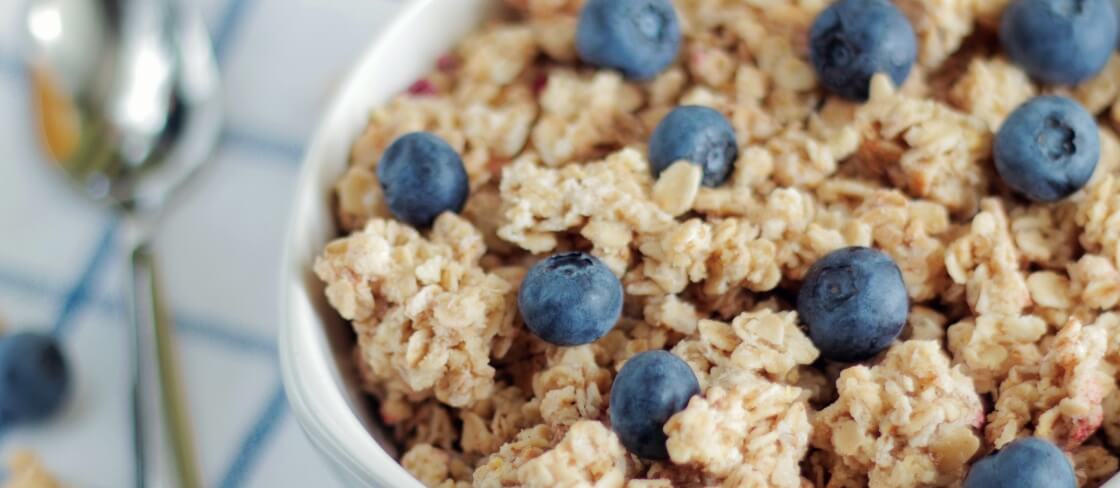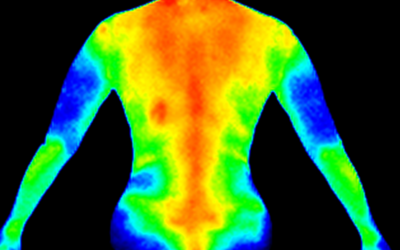Working out more and more, yet hitting a weight loss plateau can feel downright discouraging. A plateau is a common roadblock for those attempting to lose weight, but a pause in progress doesn’t mean it’s time to throw in the (gym) towel. Lifestyle changes such as exercise are effective ways to get off those extra pounds, but it can be frustrating when you’re not losing weight. If you are exercising all the time, but not losing weight or seeing the progress you think you should, making small adjustments to your routine can help revive your momentum.
Why Did I Stop Losing Weight?
It’s no secret that losing weight leads to changes in your body, but understanding how weight loss works can help you understand why plateaus happen.
In the first few weeks of weight loss, the body burns mostly glycogen, a type of carbohydrate stored for energy. Glycogen contains a lot of water. When the glycogen is used for energy the water is released and you see a drop on the scale. This is why you can lose 2-5 pounds pretty quickly when you first start a diet or exercise routine, this is mostly water loss. Once this glycogen is used up, the rate of weight loss will slow or even stop altogether.
Another reason for slowed weight loss is the change that happens to your metabolism when you lose weight. Metabolism is partially driven by body size so it makes sense that as you shrink, your metabolism does as well. How can you overcome a weight-loss plateau and rev up your metabolism at the same time? The secret is the right combination of exercise and nutrition.
What Causes A Weight-Loss Plateau?
Before you give up on your current exercise routine, first figure out if you are making one of these common mistakes.
- ONLY DOING CARDIO
To lose weight you need to burn calories. The cardio machines at the gym show hundreds of calories burned for every hour of exercise, so endless afternoons on the treadmill should get you there. Burn more calories = lose weight, right? While there is truth to burning calories and losing weight with aerobic exercise, or cardio, it shouldn’t be your only form of movement.
During weight loss, the body loses fat but also some muscle. Muscle is more metabolically active than fat. This means having more muscle increases metabolism and uses more energy all of the time, not just while you are exercising. A 2001 study found that strength training 3 days per week increased resting metabolism by 7%. This means subjects burned more calories even while sitting on the couch. So, consider incorporating strength training to increase muscle mass, speed up metabolism, and help you lose weight.
- NOT CHALLENGING YOURSELF
Exercise is personal and everybody starts somewhere different, but for results, it has to stay challenging. Exercise builds strength (from resistance training) and endurance (from cardio). As you get stronger and more athletic the exercises you once relied upon become easier. With this newfound ease, the body no longer has to work as hard or burn as much energy, resulting in a lower calorie burn from the same activity.
Research has shown that this athletic conditioning affects our hunger hormone levels, increasing hunger as a way to prevent us from losing too much weight. So, exercise can actually make you eat more, preventing weight loss. But, don’t give up! The authors of this study concluded that an increase in exercise intensity can help promote loss of body fat, even if it makes you a bit hungrier.
- NOT TAKING IT SLOW AND STEADY
It can be tempting to follow diet plans that promise quick results, but a 2009 review of weight loss studies found that overall, plans that saw a less rapid rate of weight loss over a longer duration slowed metabolism less. When weight loss plans were short (less than 6 weeks) and promising quick weight loss, these slowed metabolism. Slow and steady can help prevent weight loss plateaus.
One particular weight loss program was studied over the course of 3 months. When participants made only small changes they still lost weight! Planning to lose weight over several months, instead of a few weeks, can help stave off a metabolism slow down.
- NOT PAYING ATTENTION TO NUTRITION
Diet and exercise go hand-in-hand, and for good reason. While exercise does use up some of the energy you get from food, most people attempting to lose weight actually overestimate the amount of energy burned during exercise. As a result, they overcompensate by eating more. Those who overcompensated with an increase in calories also reported more cravings for sweets, poorer sleep, and more pain, all of which can negatively influence weight loss.
Proper nutrition is a balance. Another facet of nutrition is eating enough. Calorie restricting diets are popular for weight loss because they do work, but only for a short period of time. Eventually, the body feels stress from the lack of nutrition, and “starvation mode” sets in, further driving metabolism down. Signs of under-eating include:
- Consistently low energy
- For women, loss of the monthly cycle
- Hair loss
- Irritability
- Chills, feeling cold frequently
- Constant feelings of hunger
There is no magic calorie number to aim for, but checking in on your hunger and fullness during the day can help. Hungry shortly after your meal? You may need more calories or more protein. Grabbing a snack but don’t feel physically hungry? You may be overcompensating.
- ONLY FOLLOWING YOUR PLAN SOMETIMES
Ever heard that calories don’t count on the weekend, a birthday, or a holiday? Does exercise not happen during busy weeks, weekends, or vacations? While rest days are necessary for the body and beneficial for recovery, frequent neglect of exercise, nutrition, or both can stop weight loss and even lead to weight regain.
To explain weight loss plateaus, researchers from across the US came up with two mathematical models comparing energy use in people whose metabolisms adapted to their weight loss plan, and those who dieted on-again-off-again. The results? Intermittent adherence to weight loss plans leads to early weight loss plateaus. Picking a weight loss plan that you like and fits with your schedule may encourage you to stick with it, thus providing the weight loss results you’re seeking.
Don’t Wait To Hit A Weight-Loss Wall
The causes of weight loss plateaus while you are exercising regularly are common but avoidable. Start taking steps to prevent the plateau before it hits by practicing consistency, proper nutrition, and switching up your exercise. While making one or all of these changes may not completely prevent your weight loss momentum from slowing down, they can help you get back on track towards your goals.
If you’re unsure about the optimal workout program or need help with meal ideas, our Free Success Mapping Session and weekly menus are great places to start.







0 Comments